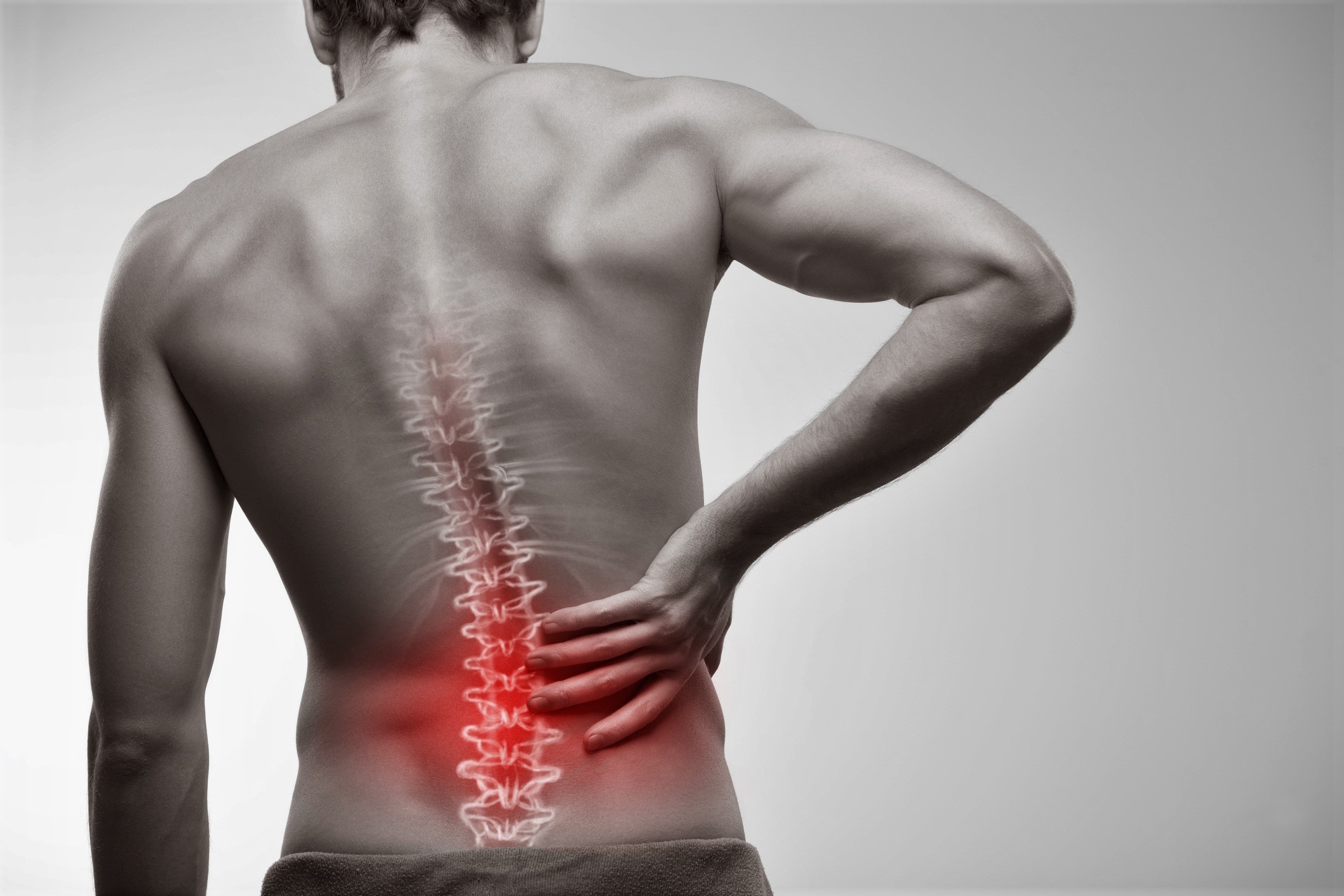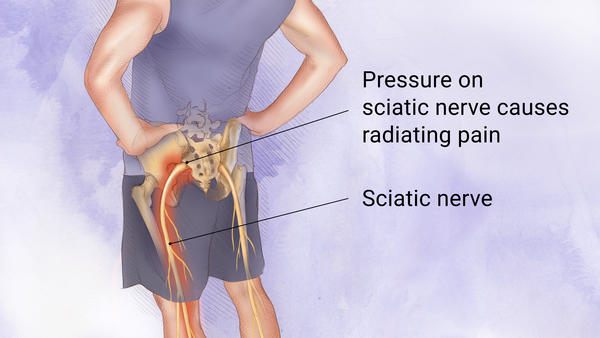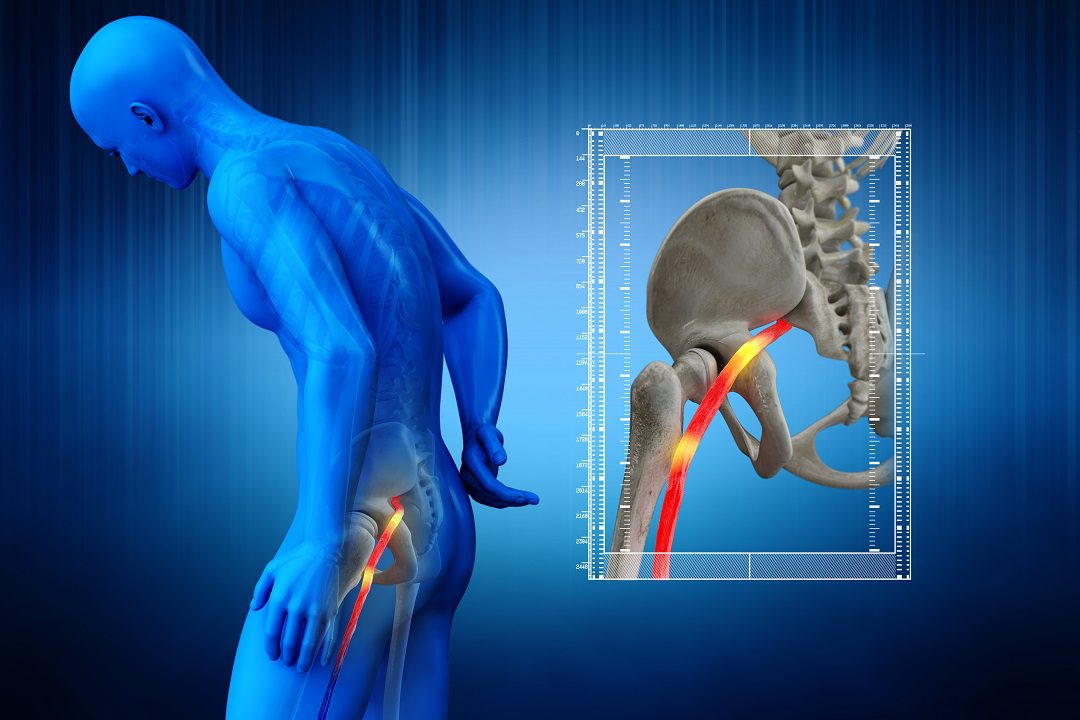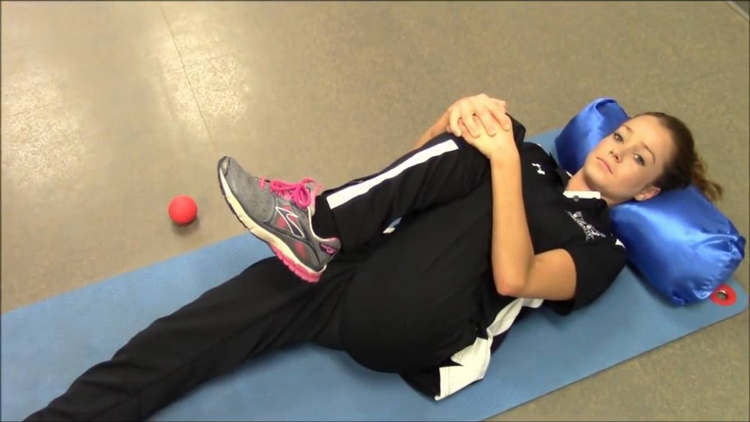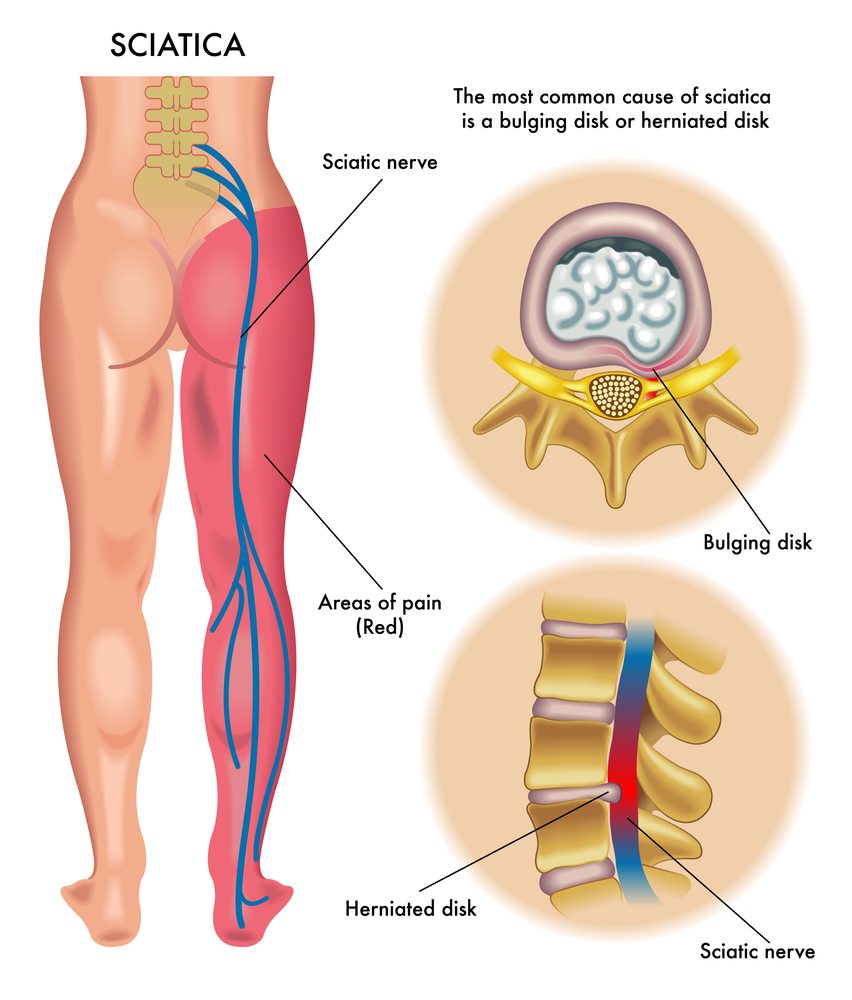Sciatica
What Causes Sciatica to Flare Up?

Sciatica is a condition that can cause a lot of pain and discomfort in the lower back, buttocks, and legs. But what exactly causes sciatica to flare up? And more importantly, how can you prevent it from happening? Here are some of the most common causes of sciatica flare-ups, as well as some tips on how to prevent them.
Read More About What Causes Sciatica to Flare Up

More Things To Know About What Causes Sciatica to Flare Up

What Is Sciatica, and What Causes It to Flare Up?
Sciatica is a condition that can cause a lot of pain and discomfort in the lower back, buttocks, and legs. The pain is often caused by pressure on the sciatic nerve, which runs from the lower back down the leg. Some of the most common causes of sciatica flare-ups include:
- Herniated discs: A herniated disc can put pressure on the sciatic nerve, causing pain and discomfort.
- Degenerative disc disease: This is a condition where the discs in the spine start to deteriorate. This can lead to the development of herniated discs, which can then put pressure on the sciatic nerve.
- Spinal stenosis: This is a condition where the spinal canal starts to narrow, which can put pressure on the nerves.
- Pregnancy: The extra weight from pregnancy can put pressure on the sciatic nerve.
How Do You Prevent Sciatica Flare-ups?
There are a few things that you can do to help prevent sciatica flare-ups from happening. Some of the best tips include:
- Maintaining a healthy weight: Being overweight can put pressure on the sciatic nerve, leading to pain and discomfort.
- Exercising regularly: Exercising can help keep the spine healthy and prevent the development of conditions like herniated discs and spinal stenosis.
- Wearing supportive shoes: Wearing shoes that offer support can help take some of the pressure off of the sciatic nerve.
- Avoiding high heels: High heels can actually increase the pressure on the sciatic nerve, so it’s best to avoid them.
How Long Can You Expect the Pain to Last?
The pain from a sciatica flare-up can last anywhere from a few days to a few weeks. However, in some cases, it can last for months or even years. If you are experiencing ongoing pain, it is important to see a doctor in order to get the right treatment.
How Do You Get Relief From the Pain?
There are a few things that you can do to get relief from the pain of a sciatica flare-up. Some of the best tips include:
- Applying ice or heat: Applying ice or heat to the affected area can help reduce the pain and discomfort.
- Taking over-the-counter pain medication: Pain medication like ibuprofen can help reduce the pain.
- Doing gentle stretches: Stretching the muscles in the affected area can help relieve some of the pressure on the sciatic nerve.
- Seeing a doctor: If the pain is severe, you may need to see a doctor in order to get stronger medication or receive other treatment.
Helpful Products That Can Help With Sciatica
There are a few products that can help relieve the pain of sciatica flare-ups. Some of the best ones include:
- Sciatica foam roller: This foam roller is designed to help relieve the tension in the muscles and spine, which can help reduce the pain from sciatica.
- Sciatica pillow: This pillow can help take the pressure off of the sciatic nerve, which can help reduce the pain.
- Sciatica seat cushion: This cushion can help provide support and comfort to the lower back, which can help reduce the pain from sciatica.
- Sciatica brace: This brace can help provide support to the lower back and take some of the pressure off of the sciatic nerve.
What Are the Benefits of Using Hot Pack for Sciatica?
Hot packs are often recommended for people who are suffering from sciatica. Here are some of the benefits of using a hot pack for sciatica: help reduce the pain and discomfort, relax the muscles and improve blood circulation, improve flexibility and range of motion.
How Do You Know if Your Back Has a Slipped Disc or Not?
If you are experiencing pain in your lower back, buttocks, and legs, there is a good chance that you have a slipped disc. However, it is important to see a doctor in order to get an accurate diagnosis. Some of the symptoms of a slipped disc include: pain that worsens when you move, pain that radiates down one leg, numbness or weakness in one leg.
Conclusion
Sciatica is a condition that can cause a lot of pain and discomfort in the lower back, buttocks, and legs. But, this condition is caused by a lot of factors and conditions.
If you’re experiencing sciatica flare-ups, it’s important to take note of what may be causing it. It could be anything from your shoes to the way you sleep. By taking preventative measures, you can help reduce the chances of sciatica flare-ups.

Doctor Osvaldo Pepa, Neurosurgery Service Physician at Hospital San Martin, La Plata, Argentina. I graduated last November 16, 1984 with a Medical Degree at the Universidad Nacional de La Plata. The Medical Board of La Plata, District 1, licensed me as a Neurosurgeon in 1990. I hold a Provincial and National License and an active member of the Neurosurgery Society of La Plata, World Ozone Therapy Federation, and Inter American Society of Minimally Invasive Surgery.

